English language course for medical industry professionals (doctors, nurses, paramedics) online!

Our language course “English for doctors and nurses” has been developed in collaboration with medical specialists, including practicing doctors and nurses. The aim of the course is to enable medical personnel to effectively and confidently conduct medical practice in English. We provide support for efficient communication with patients, doctors, managers, hospital administrators, and other medical staff.
What does our online English language course for the medical sector (doctors, nurses, paramedics) look like?

Our upcoming edition of the English language course is designed for professionals from various industries, encouraging participants to actively share ideas and experiences to develop their communication skills in relevant situations and contexts. The program is tailored to the specific needs of the professional group, including doctors and nurses, and focuses on developing language skills through diverse methods such as discussions, role-playing, presentations, vocabulary expansion, and language analysis in professional contexts.
Who is the ESP Master Class course for - the medical sector?

Our English language course is designed for various healthcare professionals, including doctors, nurses, medical students, pharmacy employees, hospital staff, and individuals associated with the medical and pharmaceutical industry. It is also suitable for experts working in the healthcare sector or those aspiring to work in this field.
The course is intended for medical personnel who want to improve their English language skills, including doctors planning to work abroad or regularly using English in their work. It is also suitable for doctors planning to relocate to or currently residing in English-speaking countries.
Additionally, our course is targeted towards medical staff involved in international workgroups and research teams.
Who is the ESP Master Class course for – the medical sector?

Professional Skills
Initial contacts and patient reassurance
Asking questions (medical interview)
Examination and explanation (symptoms/diagnosis)
Providing advice
Explaining processes and procedures (treatment plans)
Using colloquial terms
Understanding different accents, conversing with non-native English speakers
Dealing with difficult patients
Delivering bad news
Accent reduction (if needed, addressing pronunciation errors)
Vocabulary
Anatomy, health conditions, illness
Prescriptions/Medications
Healthcare systems in different countries
Medical offices/Hospitals
Private healthcare
Modern medical practice in my country
General exercises and duties
Language Development
Fluency exercises and vocabulary expansion
Focus on effective communication between you and patients
Discussing practice management and staff issues
Feedback on accuracy and pronunciation
Cultural Awareness
Cultural factors in patient care
Culture and behavior
Recognizing different cultures
Adapting our behavior
Breaking cultural barriers (Cultural iceberg)

